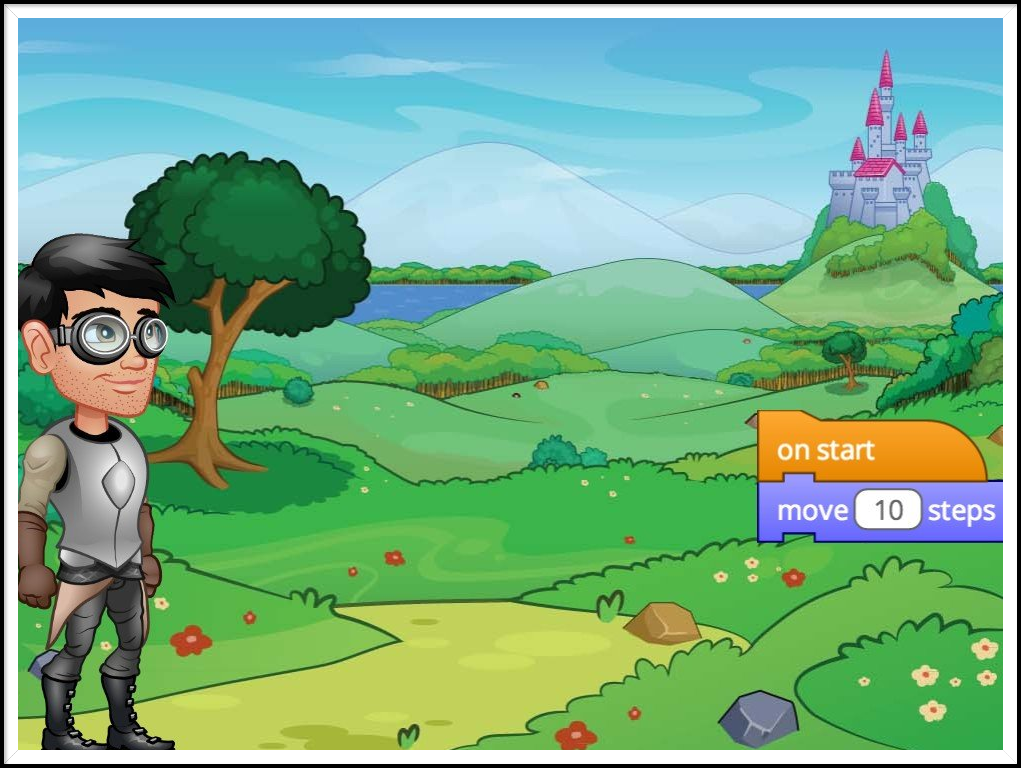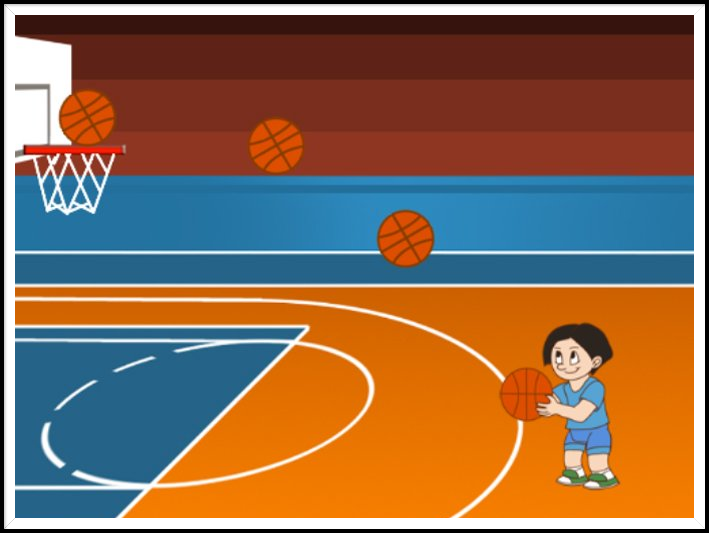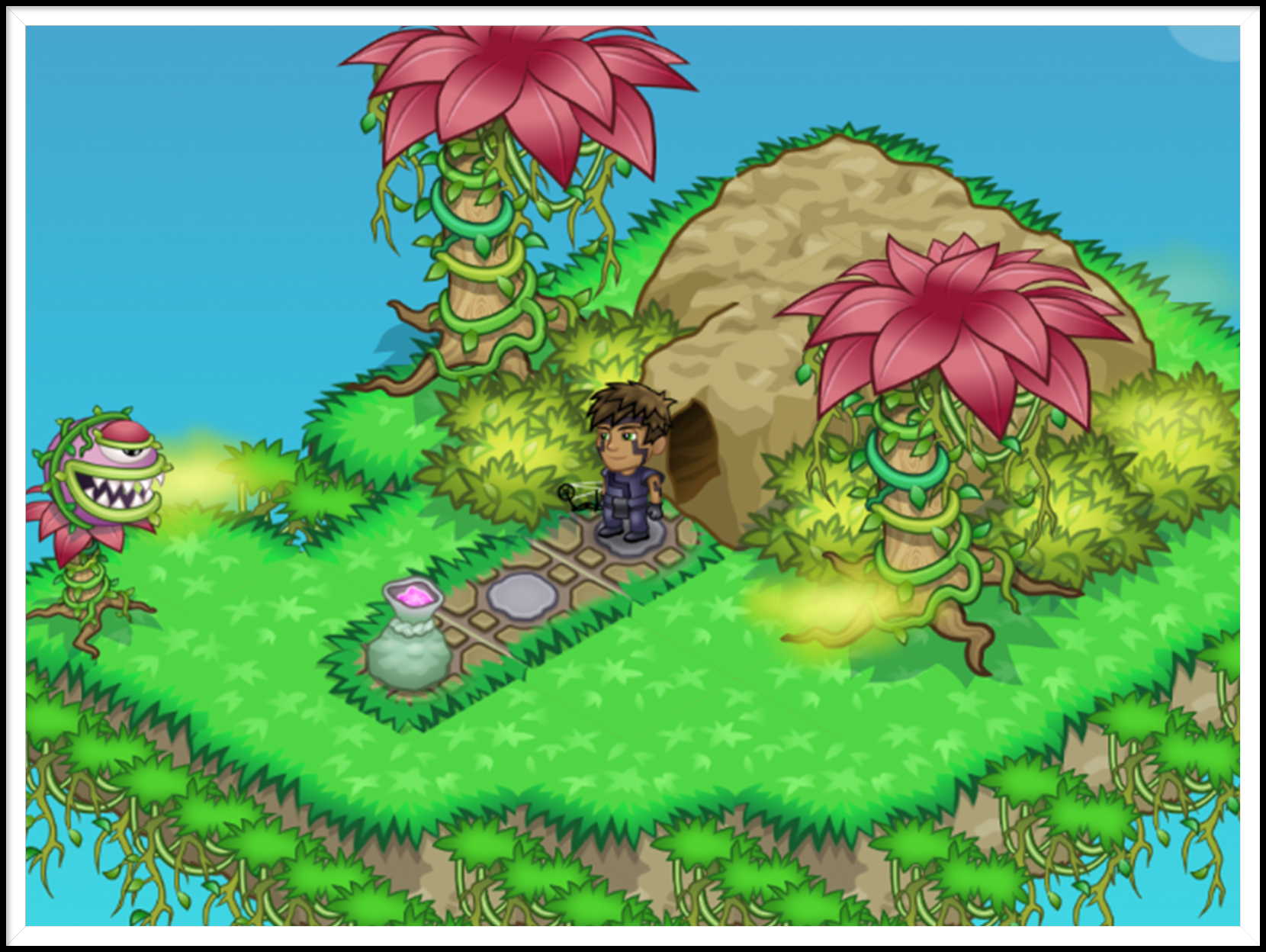CLASSES

GRADES 3-5
Game Design 101
An introduction to programming for beginners in upper elementary grades. Introduce your class to programming using a fun scenario-based approach where they build two complete games. Side Scroller Survival introduces them to the basics of motion and animation. In BeatBot Battle, they program a robot to make it dance. On completing this lesson plan students will be able to build simple games, animations and a variety of simple projects.
Topics Covered:
Use sequencing, pattern recognition, loops, conditional logic to create programs. Create scenes, add sounds and music and use keyboard controls to drive your programs. Learn about motion, broadcasting messages and adding special effects.
GRADES 6-8 | Coming soon...
Game Design 201
A fast-paced introduction to programming for students in grades 6-8. Introduce programming fundamentals to your class as they build two arcade-inspired games from start to finish. In Cannon Crasher, a physics game, they harness the power of the physics engine to program realistic jumps, projectiles, and bouncing balls. The Adventure Game features a knight who has to defeat enemies to reach treasure. Students program arrow keys, fluid motion, hero and enemy behavior, and winning conditions.
Topics Covered:
Events, keyboard and mouse interaction, conditional loops, nested loops, functions, and sending and receiving messages. Basic physics programming such as gravity, bounding boxes, bouncing, projectiles, impulses, and collisions.
GRADES 8+ | Coming soon...
Python Coding I
Introduction to Python for intermediate or advanced coders in upper middle or high school. In this advanced lesson plan, students will be introduced to Python as they complete engaging lessons, solve challenging puzzles, and build their own games in Python. This course is ideal for students who have already completed at least one course and are comfortable with the basics of programming logic and computational thinking. This course will help them transition to Python and adapt to the additional challenges of text-based syntax.
Students who successfully complete this lesson plan will demonstrate a strong mastery of Python syntax, as well as the ability to creatively program games and other projects and debug their own code. Students will also be able to come up with an idea for a game and take it through the entire design and implementation process, creating custom versions of many of their favorite games in Python.

Our Location
7748 E. Sandberg LnOrange, CA, 92869
Copyright 2019-2020 SiteLite.com | All Rights Reserved | Powered with ❤️by SiteLite



